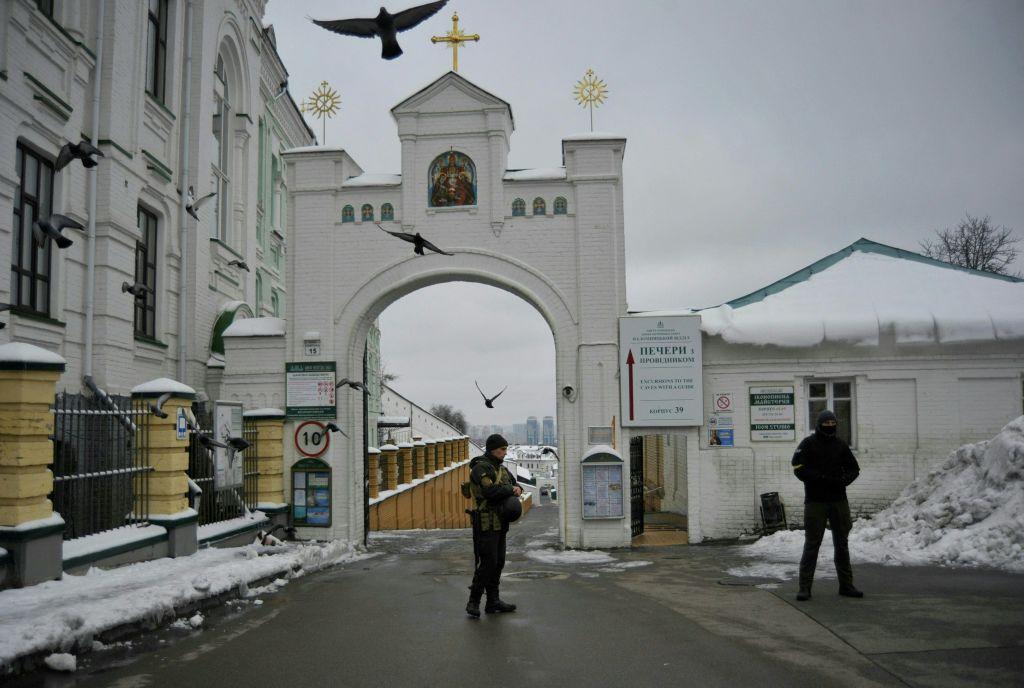The government in Kyiv has placed a Ukrainian Orthodox Church leader under house arrest and demanded that Orthodox monks vacate a 1,000-year-old monastery, amid a clampdown on the church.
Ukrainian officials accuse the church of harboring pro-Russia sympathies and collaborating with Moscow. The church, which distanced itself from Moscow after last year’s invasion of Ukraine, denies the allegations.





